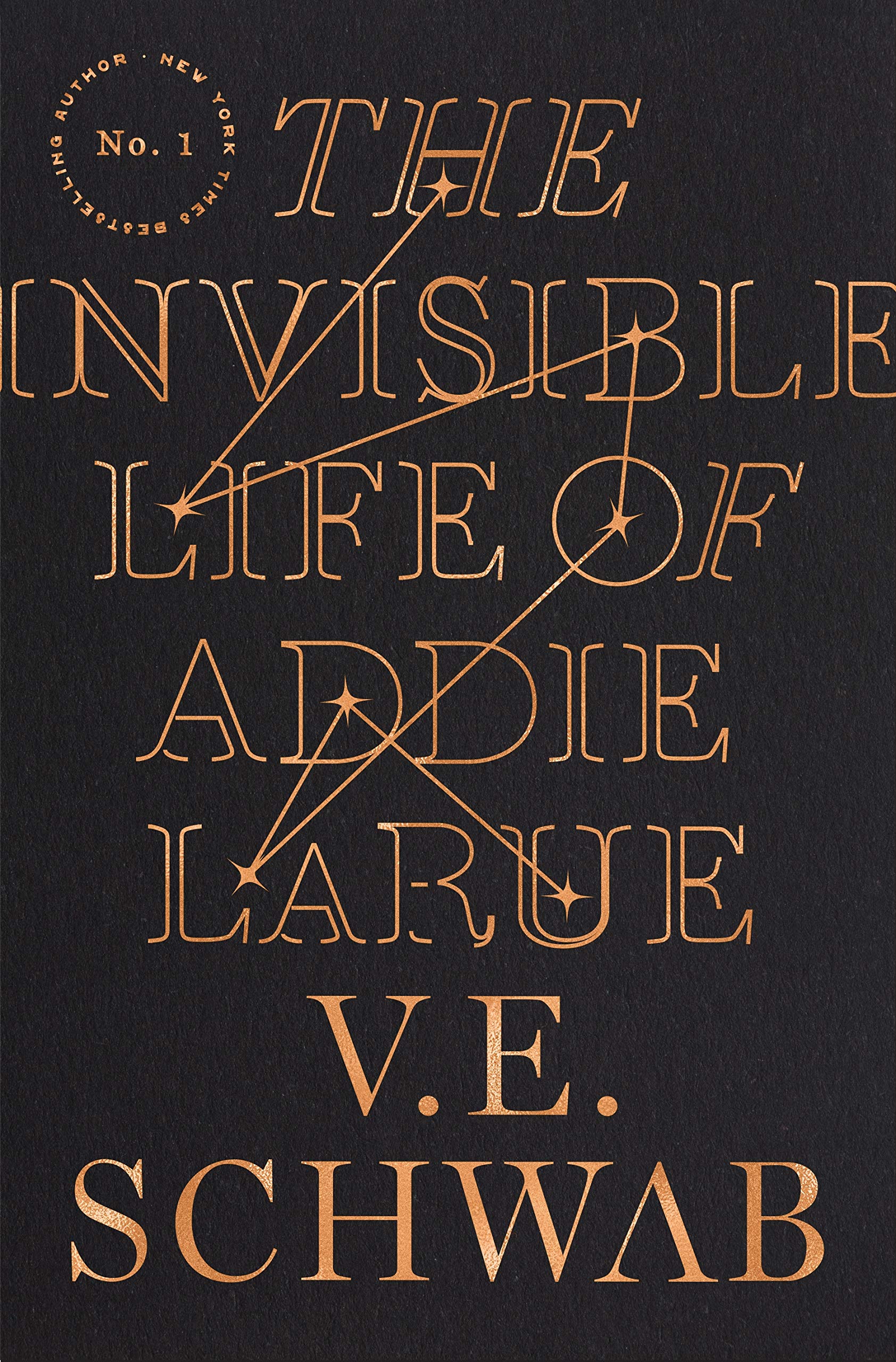The book started off quite slow. Instead of keeping me up at night it was putting me to sleep. Yawn. It is very V-E-R-Y slooooooooooOOOOOOOOoooooow and loOOOOOooooOOOOng.
I’m not much fan of historical settings so the flashbacks to 1700 were an awful drag.
The book made me think of the things we are so privileged to be able to take for granted.
“Ideas are so much wilder than memories, that they long and look for ways of taking root.”
This suggests that our ideas have value and what a loss to the world if we do not share them. Even if they are not immediately acknowledged there may come a time when they are needed and actioned.
“Palimpsest-the idea of the past blotted out, written over by the present,”
Lovely thought that resonates with the psychologist, Benjamin Hardy’s explanation of our past only having the meaning we assign to it in the present. So we can change our interpretation of the past and our future by our actions in the present.
I kept reading the book because of the rave reviews so I wanted to experience what the fuss was about. The introduction of Henry at least made the book come alive. These are some Henry thoughts that made me feel like he was in my mind:
“Henry wonders, as they wait in the queue, if some people have natural style, or if they simply have the discipline to curate themselves every day.”
I still wish looking good was flawless but to me it feels like working a second job.
“Henry Strauss has never been a morning person.
He wants to be one, has dreamed of rising with the sun, sipping his first cup of coffee while the city is still waking, the whole day ahead and full of promise.
He’s tried to be a morning person, and on the rare occasion he’s managed to get up before dawn, it was a thrill: to watch the day begin, to feel, at least for a little while, like he was ahead instead of behind. But then a night would go long, and a day would start late, and now he feels like there’s no time at all. Like he is always late for something.”
I could super relate to this. I could not have said it better myself. I’m often running around like a headless chicken as if I didn’t know I was going to work. As if caught by surprise. As if it’s an emergency but that’s not true at all.
“Henry loves his sister, he does. But Muriel’s always been like strong perfume.
Better in small doses. And at a distance.”
He is hilarious.
“You’re halfway through school, paralyzed by the idea that whatever you choose to do, it means choosing not to do a hundred other things, so you change your major half a dozen times before finally ending up in…”
“His brother, David, was the one who told him that. David, the doctor, who’s known what he wanted to be since he was ten years old. Easy to stay on the path when the road is straight and the steps are numbered.”
“I see someone lost, and hungry. The kind of person who feels like they’re wasting away in a world full of food, because they can’t decide what they want.”
Henry struggles with lack of purpose and direction. There should have been a TW because the depiction of depression got a tad bit too real.
“He always liked learning. Loved it, really. If he could have spent his whole life sitting in a lecture hall, taking notes, could have drifted from department to department, haunting different studies, soaking up language and history and art, maybe he would have felt full, happy”
“Teaching is an extension of learning, a way to be a perpetual student.”
I wonder why only a god of darkness answered Addie; why didn’t the gods of day answer. I would have liked this to be explored a little bit.
She lived over 300 years. It would have been great to live more through her- historical events, places to travel, inventions, things she could have learned… It would have been thrilling to see Addie actually being a spy. Then there would have been some action. Not much happened in this book. So much more could have happened. Come on! The most exciting thing for her was seeing elephants.
I’m in awe that Addie didn’t give up. She kept going even after 300 years.
I enjoyed seeing Addie reflected in art over 300 years- different periods and styles.
“No way to think in days or weeks when she lives in moments. Time begins to lose its meaning—and yet, she has not lost track of time. She cannot.”
“Freedom is a pair of trousers and a buttoned coat.
A man’s tunic and a tricorne hat.
If only she had known.
The darkness claimed he’d given her freedom, but really, there is no such thing for a woman, not in a world where they are bound up inside their clothes, and sealed inside their homes, a world where only men are given leave to roam.”
Even today we need to keep ourselves prisoner in our homes and we still feel unsafe. GBV and patriarchy are pandemics which are not being adequately addressed.
“He softens more at the sound of his native tongue, and she understands. She can speak German, Italian, Spanish, Swiss, but French is different, French is bread baking in her mother’s oven, French is her father’s hands carving wood, French is Estele murmuring to her garden.
French is coming home.”
This reminds me of the quote by Nelson Mandela that when you speak a man’s home language you speak directly to his heart as opposed to his intellect.
“I suppose I prefer my freedom to my reputation.”
I like that the LGBTQ themes weren’t forced down our throats. They were brought in in a casual way.
“But he doesn’t ask.
Because in the end, it doesn’t matter.
The fog twists across her vision. And he knows that, whoever she sees, it isn’t him.
It never was.
It never will be.
So he lets her go.”
Sometimes you don’t get closure or what you want. You just have to accept that and move on.
I thought the book was about her being in love with the devil but that only comes up right at the end and isn’t even what we’re made to think. The ending went off on a tangent. I wonder if they intend to make a sequel.
I loathe giving negative reviews especially when I can tell a lot of work went into the book but it honestly wasn’t my cup of tea.
6/10

